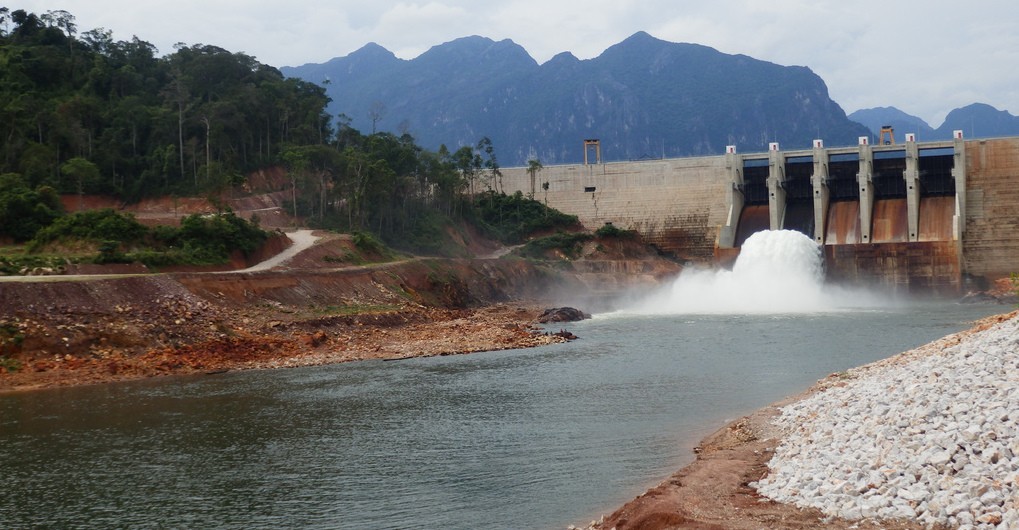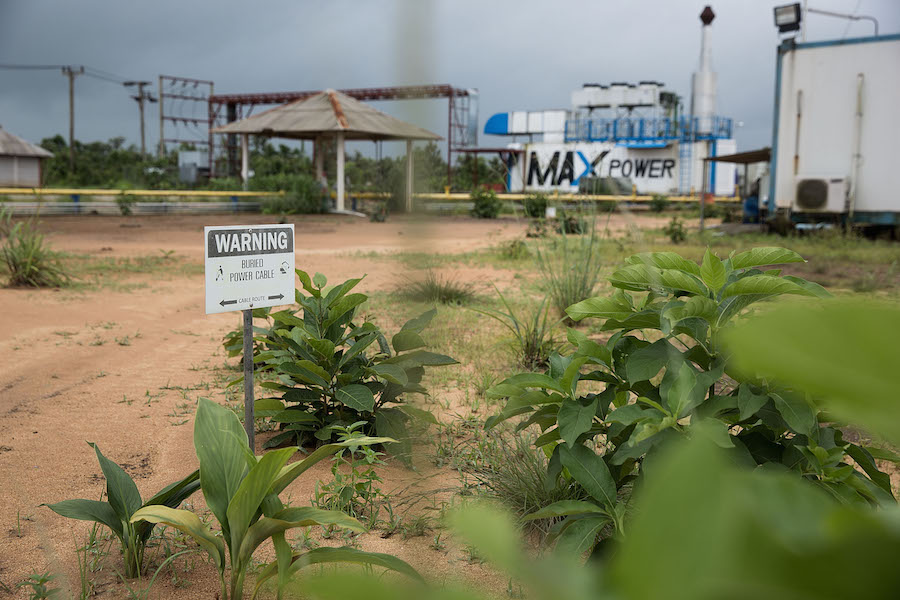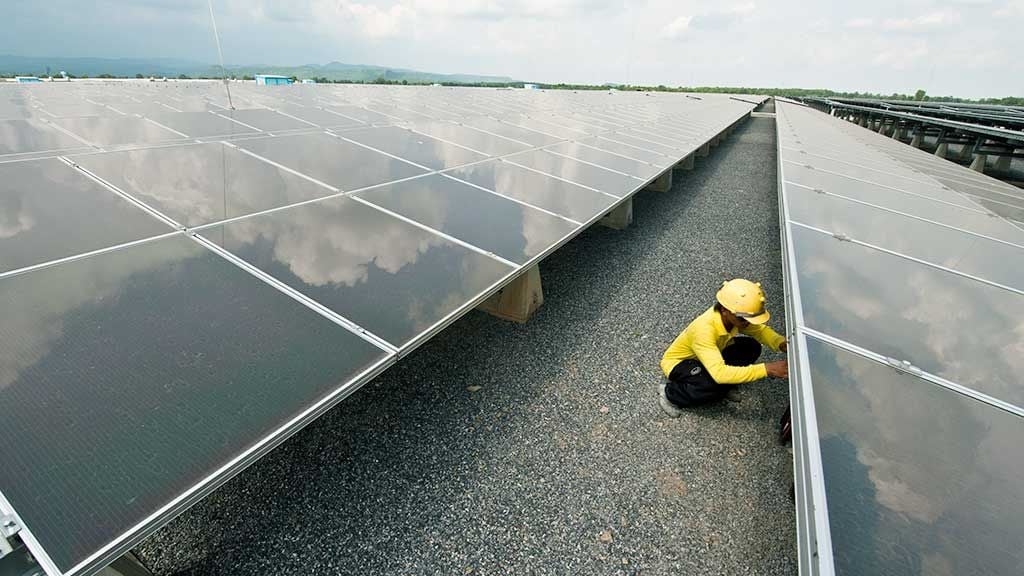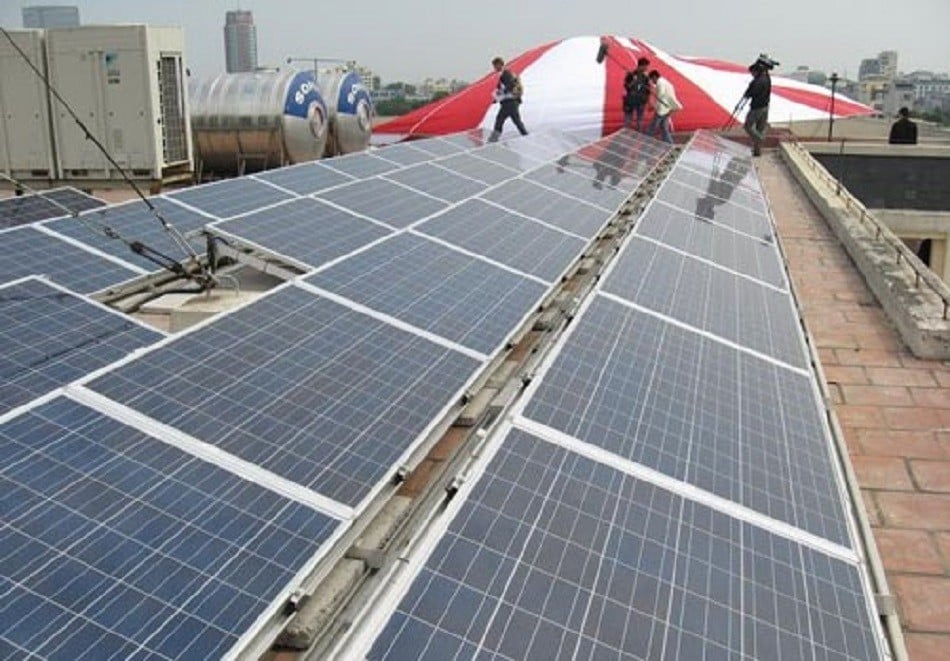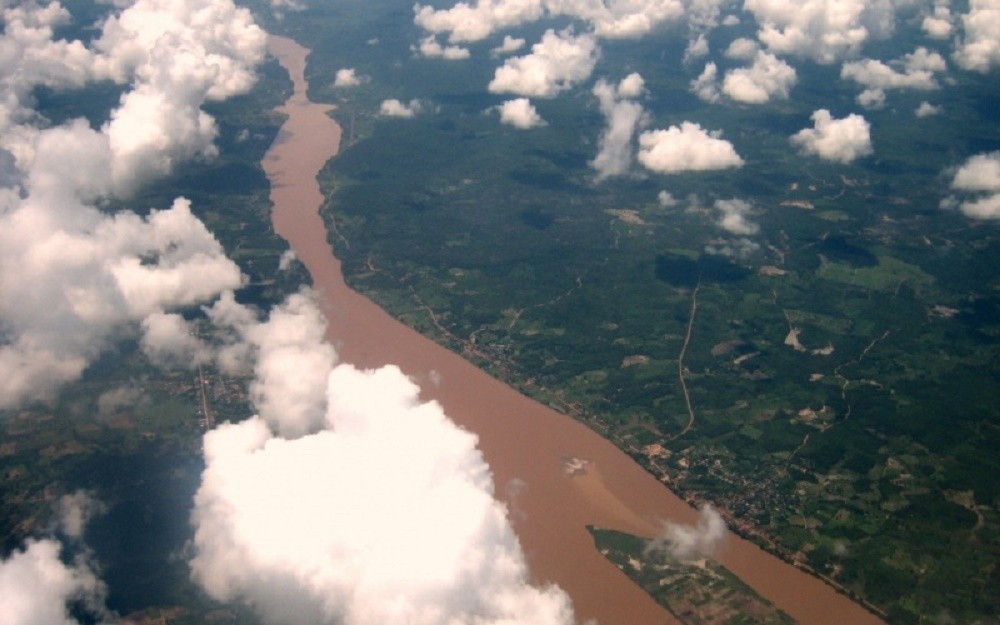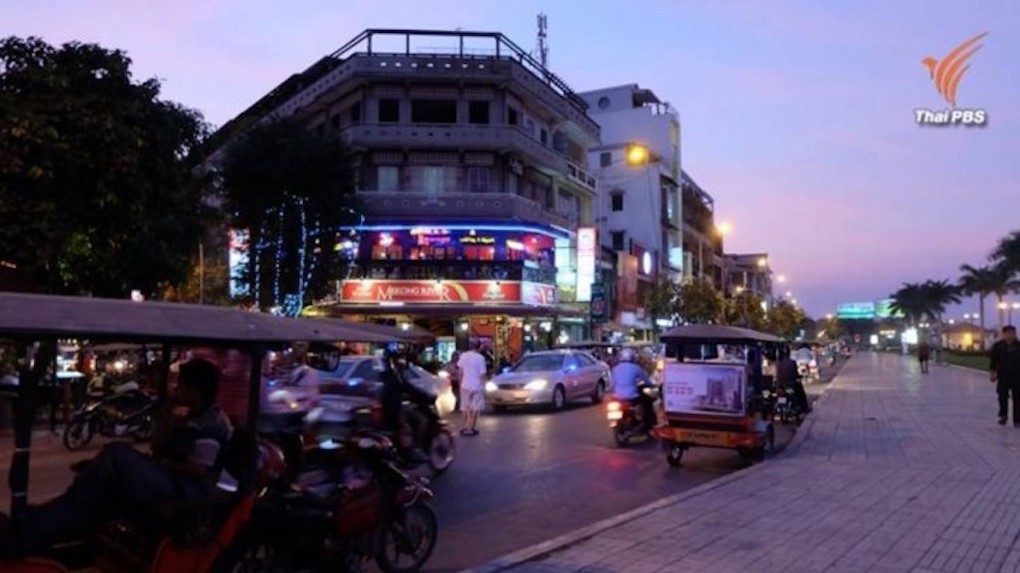IFC and Armstrong, with a combined stake of 36 percent, will take a 16 and 20 percent equity stake in GEC, respectively. For both it is their first investment in Vietnam’s power sector. The investment will help the company expand its hydropower portfolio and invest in other renewable energy segments, such as wind and solar power.
Based in the Central Highland province of Pleiku, GEC joined the Thanh Thanh Cong Group in 2013. With charter capital of 715 billion VND (34 million USD), GEC was one of the largest private sector hydropower players in Vietnam, with 84.4 MW of installed capacity across 15 run-of-the-river small-scale hydro power plants.


